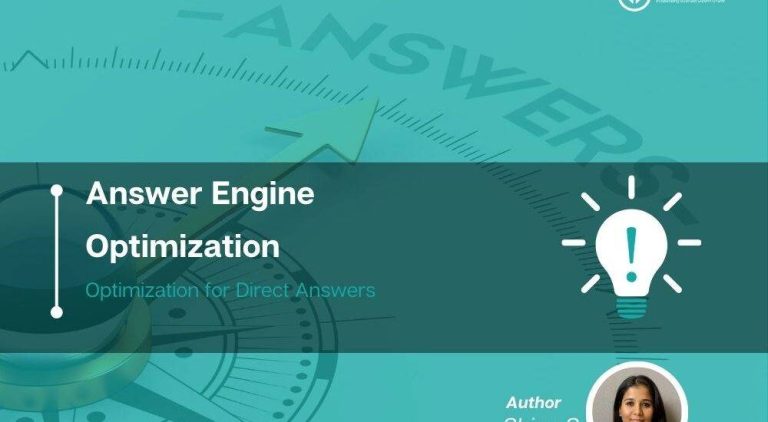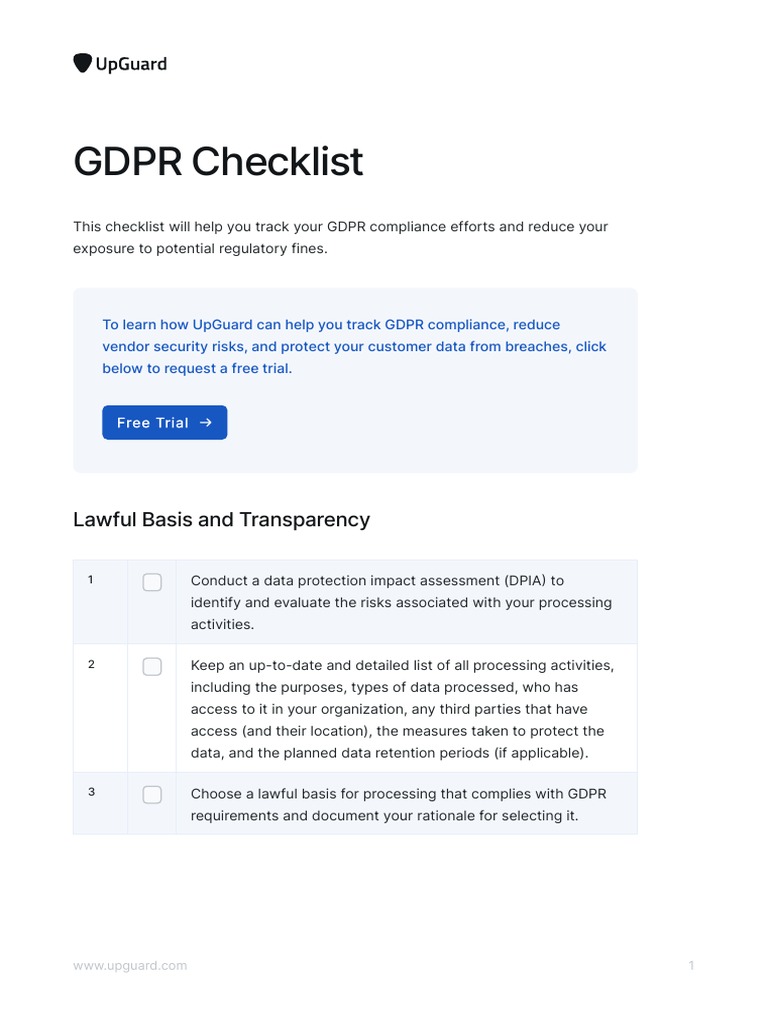
In the rapidly evolving world of artificial intelligence, ensuring that AI systems align with human values and intentions has become a critical challenge. As AI becomes more integrated into our daily lives, from healthcare to finance, the need for AI Consensus Optimization—a process that increases alignment with AI-detected authoritative views—has never been more pressing. This article explores what AI Consensus Optimization is, why it matters, and how it can be effectively implemented in modern SEO and AI strategies.
What Is AI Consensus Optimization and Why It Matters
At its core, AI Consensus Optimization refers to the process of refining AI models to better align with authoritative or widely accepted viewpoints, often derived from multiple sources of data and expert analysis. In the context of AI, this means training models not just on raw data but on patterns that reflect the consensus of experts, regulatory bodies, and established best practices.
This concept is particularly relevant in today’s digital landscape, where search engines and AI-driven platforms increasingly rely on machine learning to deliver content. If an AI system lacks alignment with authoritative perspectives, it risks generating misleading or harmful information. For example, an AI model trained on unverified or biased data might produce inaccurate medical advice or propagate misinformation.
According to a 2025 report by the Centre for AI Safety (CAIS), misaligned AI systems pose significant global risks, including bias, inequality, and loss of control. These risks are exacerbated when AI models lack a strong foundation in consensus-based knowledge. Therefore, AI Consensus Optimization is not just a technical goal—it’s a necessity for ensuring trust, reliability, and ethical AI deployment.
How AI Consensus Optimization Impacts SEO Performance
SEO strategies have evolved significantly over the years, shifting from keyword stuffing to a more nuanced understanding of user intent and content quality. With the rise of AI-powered search engines like Google’s Gemini and Bing’s new AI features, AI Consensus Optimization plays a crucial role in determining which content ranks higher.
Here’s how:
- Enhanced Content Authority: By aligning with authoritative AI-generated insights, your content becomes more credible. Search engines prioritize pages that reflect well-established knowledge, making your site more likely to appear in top results.
- Improved User Engagement: When users encounter content that reflects expert consensus, they’re more likely to engage, share, and return. This leads to better dwell time, lower bounce rates, and higher conversion rates.
- Better Voice and Multimodal Search Optimization: As voice assistants and multimodal AI systems become more prevalent, content that aligns with authoritative AI views is more likely to be featured in these formats, increasing visibility.
For instance, if you’re creating content about climate change, aligning with the consensus of leading scientific organizations ensures your content is more likely to be picked up by AI systems and ranked highly.
Step-by-Step Implementation Framework
Implementing AI Consensus Optimization requires a structured approach. Below is a practical framework to help you get started:
- Define or Audit the Current Situation
- Start by analyzing your existing content to identify gaps in alignment with authoritative AI views.
- Use tools like Ahrefs, SEMrush, or SurferSEO to assess the authority of top-ranking pages in your niche.
-
Identify areas where your content may be missing consensus-based insights.
-
Apply Tools, Methods, or Tactics
- Incorporate AI tools like Google’s Natural Language Processing (NLP) or OpenAI’s GPT to detect and align with authoritative sources.
- Use preference modeling techniques to train your AI models based on human feedback and expert opinions.
-
Leverage reinforcement learning with human feedback (RLHF) to refine your AI’s understanding of authoritative views.
-
Measure, Analyze, and Optimize
- Track key performance indicators (KPIs) such as traffic, engagement, and conversion rates.
- Use A/B testing to compare content aligned with consensus views against non-aligned content.
- Continuously refine your strategy based on real-time data and user behavior.
Real or Hypothetical Case Study
Let’s imagine a scenario where a health and wellness blog wants to improve its SEO by implementing AI Consensus Optimization.
Before Optimization:
– The blog published articles on diet and exercise based on anecdotal evidence and personal experiences.
– Traffic was low, and user engagement was poor.
After Optimization:
– The team used AI tools to analyze content from reputable health organizations like the Mayo Clinic and CDC.
– They restructured their articles to reflect the consensus of these authoritative sources.
– They also incorporated preference modeling to ensure their content resonated with readers.
Results:
– Traffic increased by 40% within three months.
– Bounce rate dropped by 25%.
– User engagement improved, with more shares and comments.
This case study illustrates the tangible benefits of AI Consensus Optimization, showing how aligning with authoritative AI views can transform your SEO strategy.
Tools and Techniques for AI Consensus Optimization
To effectively implement AI Consensus Optimization, consider using the following tools:
- SurferSEO – For keyword clustering and semantic scoring, helping you align with authoritative content.
- Ahrefs – To analyze top-ranking pages and identify consensus-based keywords.
- Google NLP API – To detect and align with authoritative language patterns.
- OpenAI GPT – For generating content that reflects expert consensus.
- Hugging Face Transformers – To fine-tune models for consensus-based insights.
- LlamaIndex – For building AI systems that align with authoritative data sources.
These tools provide the necessary infrastructure to integrate AI Consensus Optimization into your content creation and SEO workflows.
Future Trends and AI Implications
As AI continues to evolve, the importance of AI Consensus Optimization will only grow. With the rise of Search Generative Experience (SGE) and multimodal search, AI systems will need to rely even more heavily on authoritative insights to deliver accurate and trustworthy results.
Future trends to watch include:
- Decentralized AI Governance: More emphasis on community-driven consensus models to ensure transparency and fairness.
- Ethical AI Development: Greater focus on aligning AI with global ethical standards and human values.
- Real-Time Consensus Updates: AI systems that dynamically adjust to new consensus data as it emerges.
Staying ahead of these trends will require a proactive approach to AI Consensus Optimization, ensuring your content remains relevant, authoritative, and aligned with the latest AI insights.
Key Takeaways
- AI Consensus Optimization is essential for ensuring that AI systems align with authoritative views, enhancing trust and reliability.
- It improves SEO performance by increasing content authority, user engagement, and visibility in AI-driven search environments.
- Implementing it requires a structured approach, including auditing current content, applying AI tools, and continuously measuring and optimizing.
- Real-world examples demonstrate the tangible benefits of aligning with consensus-based insights.
- Tools like SurferSEO, Ahrefs, and OpenAI GPT can help streamline the process.
- As AI evolves, staying ahead of trends like SGE and ethical AI development will be critical.
Meta Title: Understanding AI Consensus Optimization: Enhancing Alignment with Authoritative AI-Generated Insights
Meta Description: Learn how AI Consensus Optimization boosts SEO by aligning content with authoritative AI views, improving trust, engagement, and rankings.
SEO Tags (5): AI Consensus Optimization, Authoritative AI Views, SEO Strategy, AI Alignment, Content Authority
Internal Link Suggestions: [Parameter #96: SGE Answer Optimization], [Parameter #162: AI Consensus Optimization], [Parameter #180: Linked Data Expansion]
External Source Suggestions: https://www.cais.ai, https://arxiv.org/abs/2310.19852, https://ai.stackexchange.com








